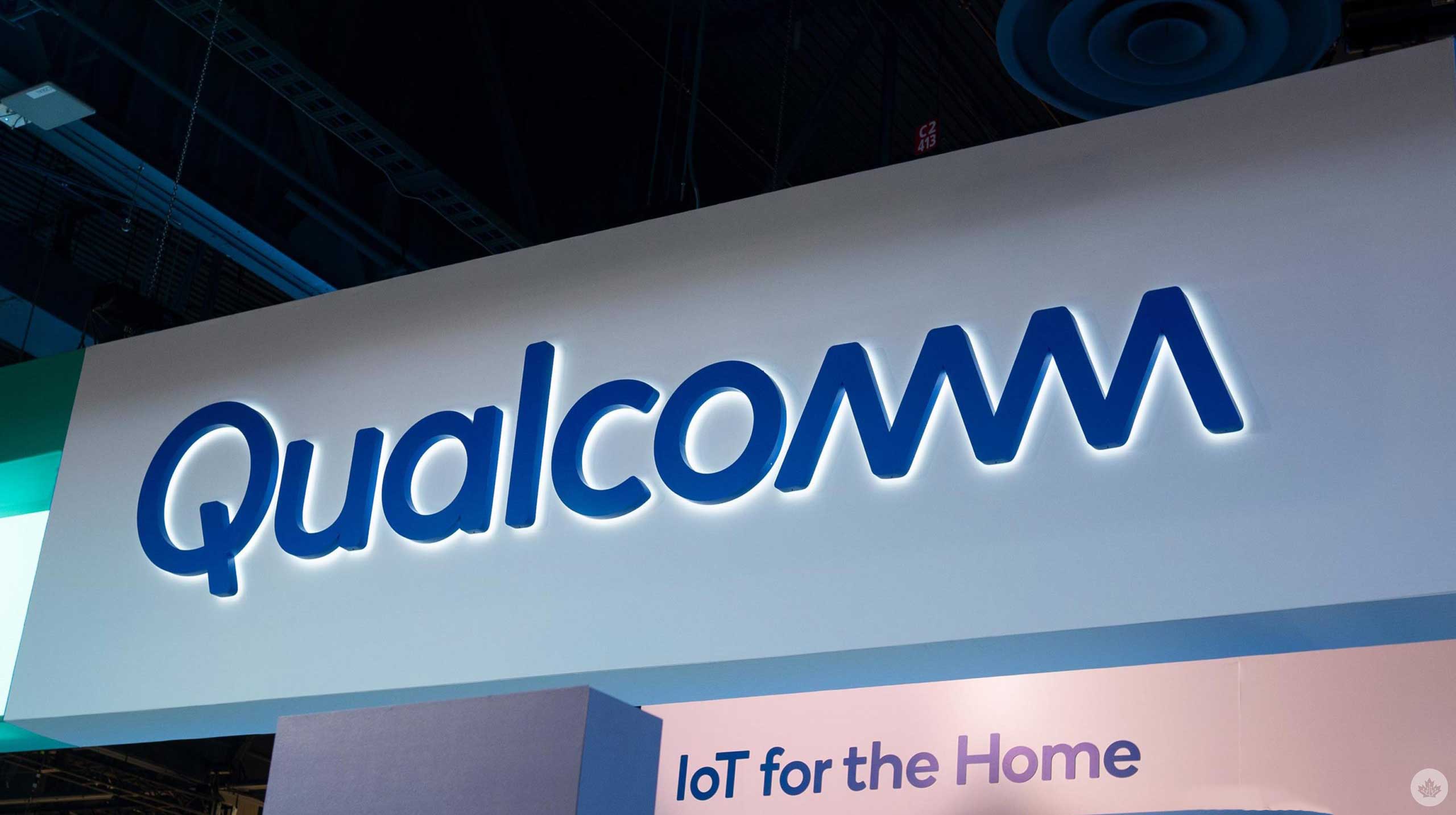On September 28, Bowen Yang performed one of 2024’s most resonant pieces of political theater while dressed as a pygmy hippo.
Yang was behind the desk on Saturday Night Live’s “Weekend Update” segment, dressed like Moo Deng, who at the time the show aired was the internet’s current fave. What he was saying, though, sounded more like comments by pop star Chappell Roan, who’d recently taken to social media to ask fans to be more respectful about approaching her in public or saying inappropriate things to her online. “Do not yell my name, or expect a photo, just because I’m your parasocial bestie, or because you appreciate my talent,” Yang said, encased in a rubbery Moo Deng costume.
The bit was played for laughs, but in 2024, the actions of fans—to each other, to the people they’re fans of, to the world at large—entered a whole new phase. More than half a century after John Lennon observed that the Beatles were more popular than Jesus, fandom, fueled by ever-churning social media platforms, has taken on a shape beyond religious furor.
During the US election, it was evident in the manosphere and MAGA hats. Also, in Vice President Kamala Harris’ embrace of the “brat” ethos. In pop culture, it was Taylor Swift stan accounts leaving X for Bluesky over frustrations with Elon Musk’s involvement in president-elect Donald Trump’s campaign. It was also the return of Gamergate, manifesting in a whole new harassment campaign against diversity and inclusion efforts in video game development. It was Kendrick Lamar turning his beef with Drake into a community event in Los Angeles.
Across mediums and interests, being a fan of someone or something didn’t just mean buying a T-shirt or a movie ticket, it meant choosing a side.
Superfans, Supersized
According to Simone Driessen, an assistant professor of media and popular culture at Erasmus University Rotterdam, 2024, more than anything, marks another year in which people acknowledge, or even reconcile with, the fact that fans have real power.
“The MAGA moment, for me, has its roots in the January 6 moment. It was almost as if they were cosplaying a coup—but it was very real and with very real consequences,” she says. “Brat summer, Swifties for Harris—they are attests, to me, of how these fannish skills one builds through being a fan (from hunting Easter eggs to creating a community) can also be politically valuable.”
Proof of this is everywhere. As my colleague Makena Kelly wrote this year, 2024’s campaign cycle was the influencer election. People with cameras, microphones, and large followings became, she wrote, “tastemakers, meme sharers, video creators, and organizers; they also wield significant power when it comes to encouraging their followers to vote.” People like Twitch streamer Hasan Piker and conservative YouTuber Ben Shapiro had the power to affect what happened at the polls. Whether or not a candidate did Joe Rogan’s podcast became headline-making news. (Trump did; Harris didn’t.)









Leave a Comment